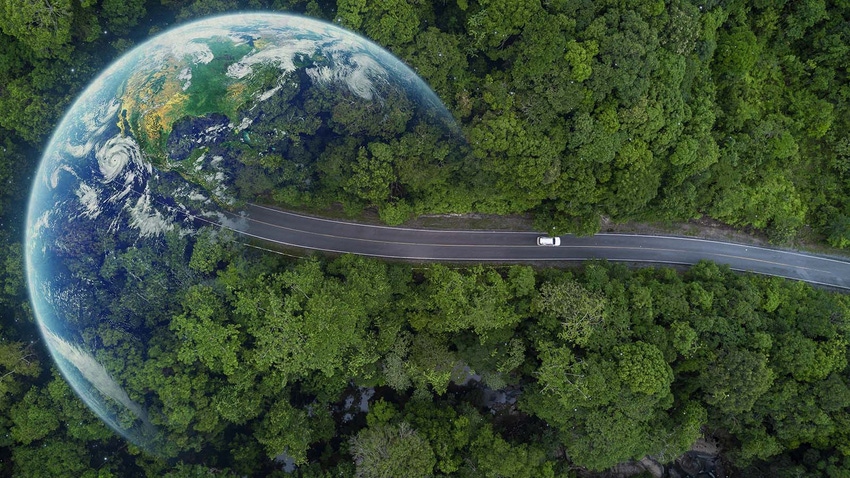Mitsui Chemicals Targets Next-generation Elastomers by 2030
The Japanese plastics giant’s Vision 2030 strategic business plan points to a greener, high-tech future for automotive applications.
December 5, 2023

At a Glance
- More ethylene-based elastomer and PP capacity on stream soon
- Higher levels of tech support for emerging EV OEMs
A recent presentation by Mitsui Chemicals President and CEO Osamu Hashimoto outlined the Japanese resin supplier’s Vision 2030 strategic business plan and what it means for the company’s business units serving industries such as mobility and green energy. Although details were scant on what is potentially a major announcement, Hashimoto noted that development of next-generation elastomers by 2030 was a key part of the agenda.
Mitsui Chemicals also continues to expand its Tafmer ethylene-based polyolefin elastomer and plastomer (POE/POP) business. The material is widely used as an impact modifier for polypropylene (PP) automotive compounds and increasingly employed as an alternative to ethylene vinyl acetate (EVA) as an encapsulant material in certain types of solar modules. Fiscal 2024 (commencing April 2023) will see new developments for Tafmer in Singapore and Japan, including the launch of a new 120,000/tonnes year production line in Singapore.
Elsewhere in the mobility market segment, automotive PP compounds incorporating post-consumer recyclate were introduced to the North American market in 2023, while further investments are planned globally for PP compounds and other composite materials. Mitsui Chemicals will also start up a high-performance PP plant in Chiba, Japan, by the end of 2024 with a capacity of 200,000 tonnes/year; a 130,000-tonnes/year PP plant at the same site has been shut down.
Microwave-based carbon-fiber production
In addition, an eco-friendly carbon-fiber production technology based on microwaves will be trailed at a pilot plant in Nagoya, Japan, starting around 2024. This investment reflects another key to Mitsui Chemicals’ 2030 action plan, namely a shift to lower carbon footprint materials that encompasses bio-based and recycled raw materials for plastics and other chemicals as part of its circular economy initiative. The company says that, as of fiscal 2023, 49% of its sales into the mobility sector were already so-called Blue Value offerings that “reduce CO2, conserve resources, and co-exist with nature,” most likely because of their lightweighting attributes. The fiscal 2030 target is 80% Blue Value products for the mobility sector.
Another circular initiative at Mitsui Chemicals entails installation of PET nonwoven sound-dampening sheets incorporating 50% recycled material along a bullet train line in Northeast Japan.
Supporting emerging auto OEMs
Mitsui Chemicals is also cognizant of the fact that new automotive OEMs in the electric vehicle (EV) sector may require higher levels of technical support for materials. Here, it will work with group company Arrk (product development support) and partner Kyowa Industrial (tooling) via its Mobility Development Center to offer design, simulation, and prototyping services as well as differentiated materials and components. For legacy OEMs, Mitsui Chemicals will offer concepts for modular components.
The company also plans to leverage its knowledge and track record in the auto sector to target emerging mobility markets such as drones and personal high-speed transportation systems.
About the Author(s)
You May Also Like




